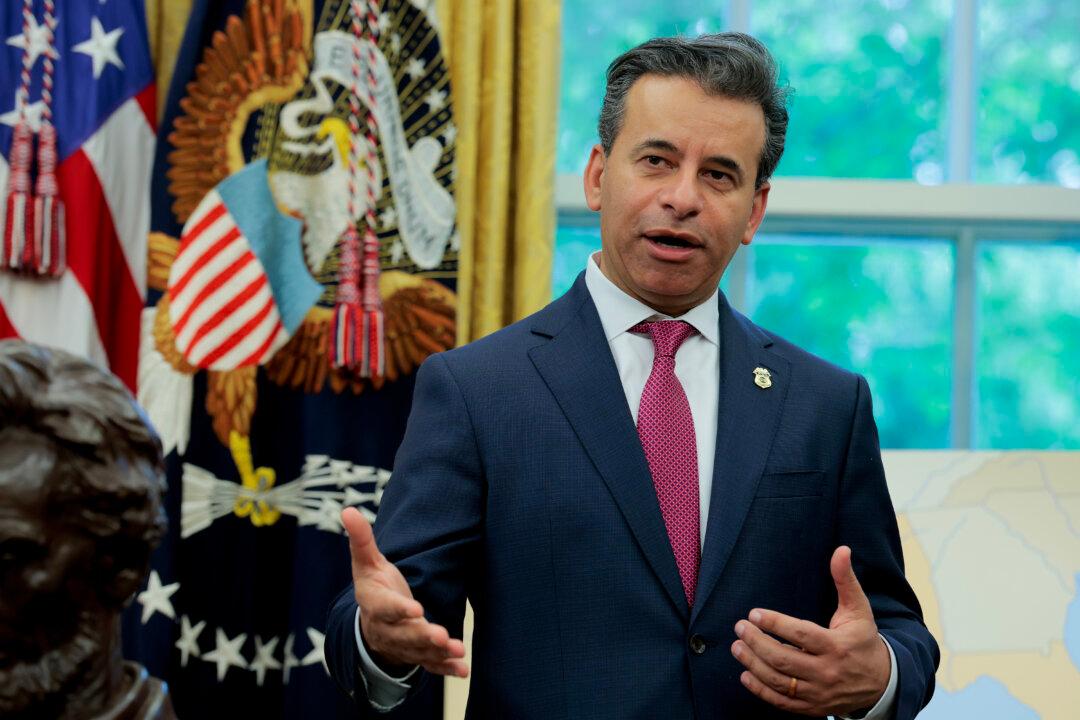The U.S. Food and Drug Administration (FDA) will be conducting more unannounced inspections at facilities outside the country, the agency announced on May 6.
The FDA conducts about 3,000 inspections of foreign facilities each year, but many facility operators are informed of the inspections weeks or even months ahead of time.





